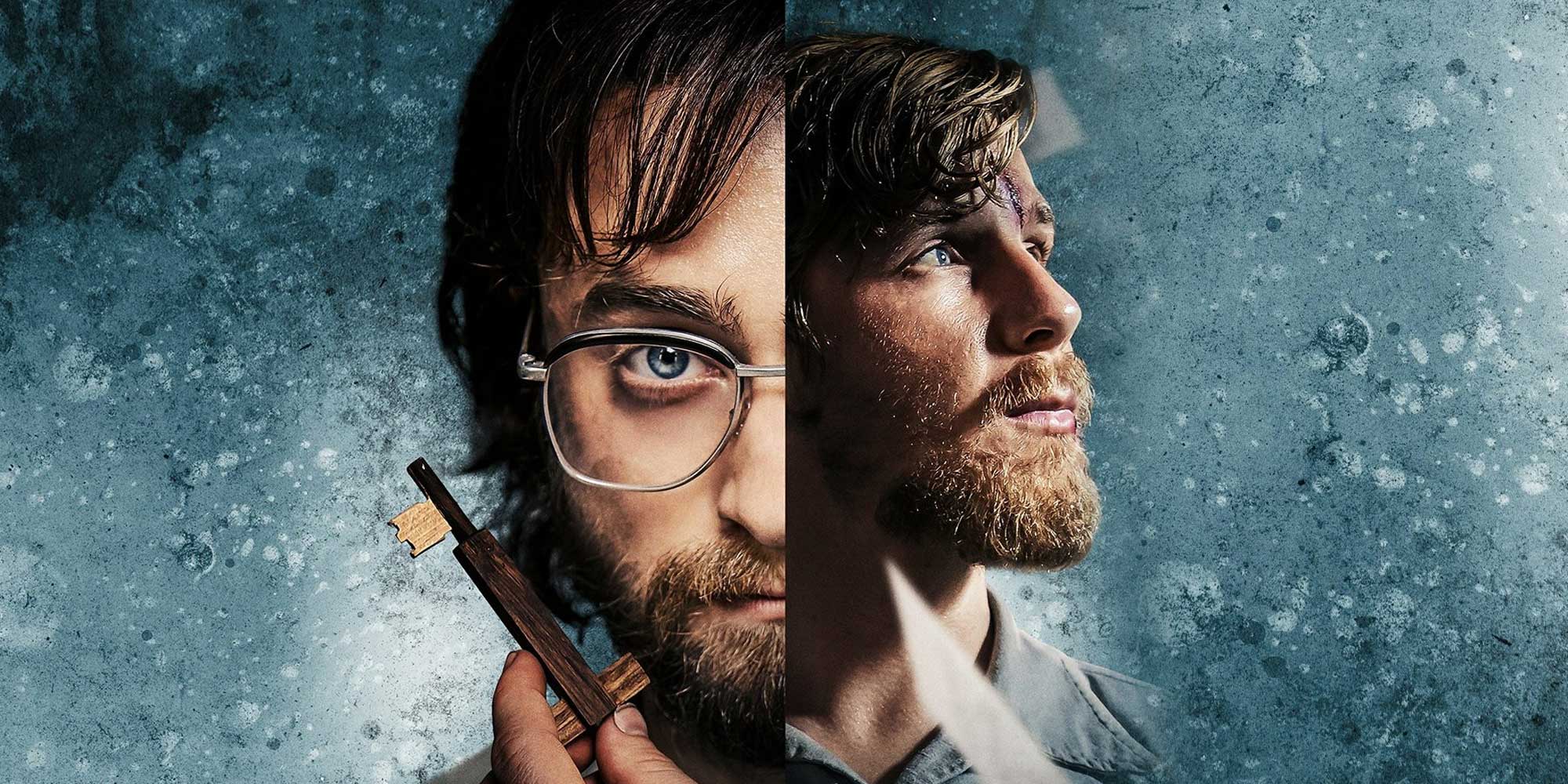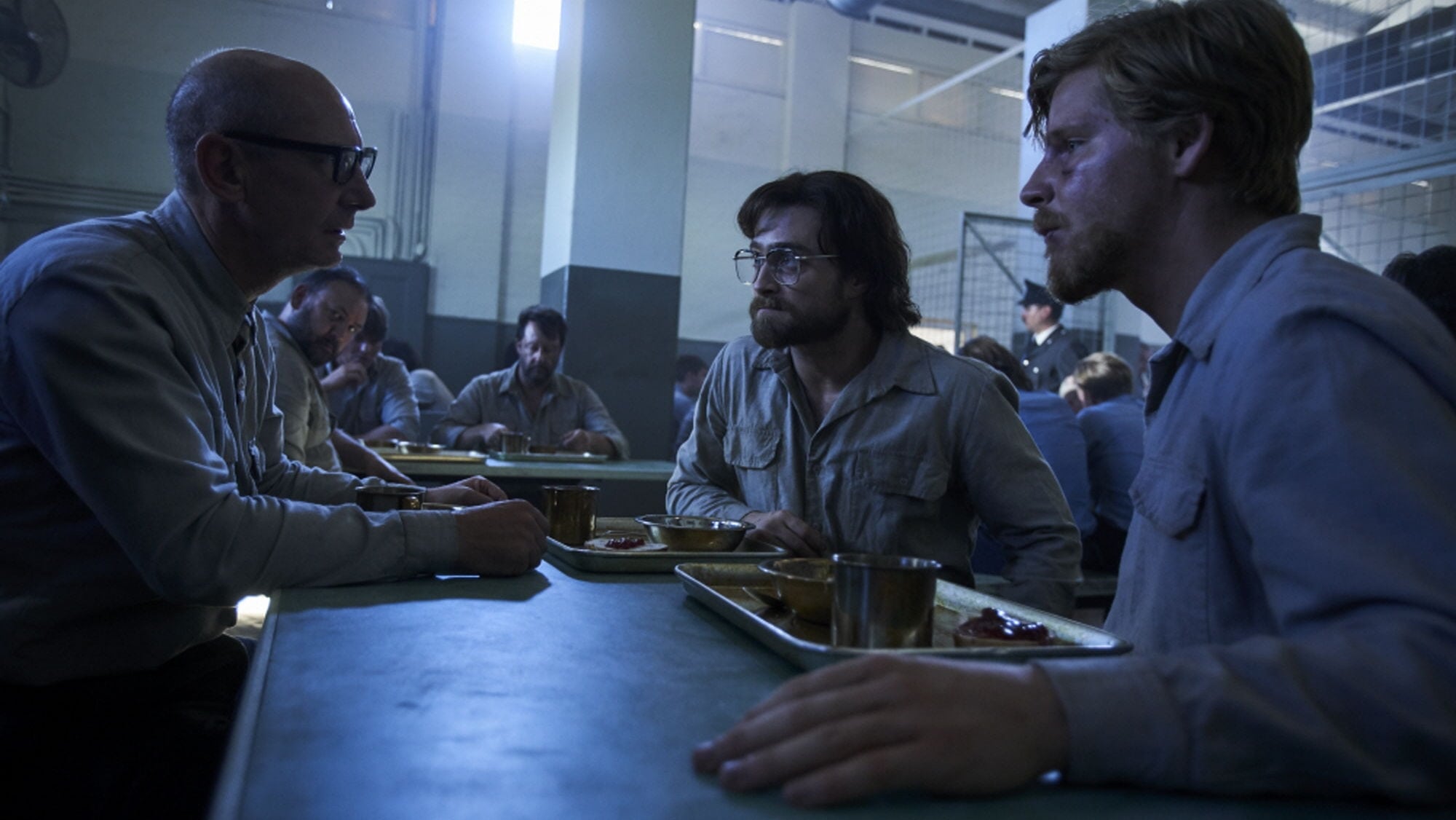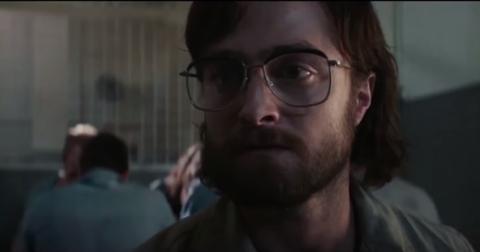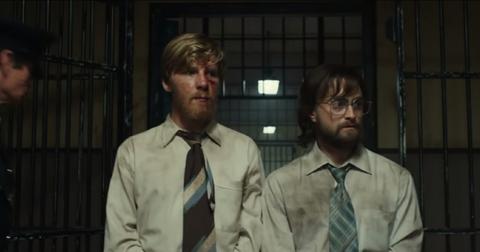
In early 2015, we closed a partnership deal to invest in New Regency’s three enthralling titles, namely The Revenant, Assassin’s Creed and Splinter Cell, marking the first investment of a Taiwanese company in major Hollywood productions. Both investments generated considerable box office performance in Taiwan and China respectively. In the same year, we invested in the locally produced film, Paradise in Service and co-produced 20 Once Again with CJ Entertainment for the Chinese market. Couple that with sweaty tension and you have an intelligent thriller that constantly reminds us of political systems which are well within living memory – and their ability to lurk constantly beneath the surface.Įscape From Pretoria is in cinemas from Friday, 6 March.In 2014, in addition to distributing the movies CATCHPLAY loves, we embarked in earnest co-production and investment projects, venturing into content creation. The fact that the events on screen actually took place, together with the ingenuity of the escape, reinforces the film’s status as a testament to the human spirit – that spirit of resistance that refuses to die when something is so palpably wrong. While it’s a safe assumption that the treatment meted out to the prisoners in Pretoria was less severe than on Robben Island, Annan shows us just enough for us to understand the brutality of it all, but he equally knows that our imaginations are even more vivid than what we actually see, so he only shows us a certain amount. It’s cruel enough, but when one meeting is cut short and the guard visibly delights in sending the boy away, it’s one of the most emotional moments of the film. He suffers the agonies of the “privilege” of one single half an hour visit from his young son every year. Nonetheless, the central performances are still strong, with Daniel Radcliffe as Jenkin, small and vulnerable among the bigger, menacing inmates, but protected by fellow “leaflet bomber” Stephen Lee (Daniel Webber) and French prisoner Leonard Fontaine (Mark Leonard Winter), constantly on a knife edge of desperation to escape. If it has a fault, it leans a touch too heavily on the story and its political issues so that the characters suffer from being slightly under drawn.

It’s a film that never waivers in its focus – the three men and their escape plan, the obstacles placed in their way and the hardships that go with their imprisonment – making it a lean, disciplined experience.

It escalates steadily and relentlessly, so that when the prisoners stage a dry run of their plan and one of them drips sweat on the floor, you know only too well how he feels. The tension built into the narrative is almost tangible, created largely by the claustrophobia and grinding routine that goes with prison life. Wooden keys to unlock the many doors that lead out of the prison and into the light of freedom. The plan here is a brilliantly simple one yet equally risky. And, yes, this is a prison escape movie, but don’t go expecting tunnels or the clever emptying of excavated soil in the recreation yard a la The Great Escape and others in that vein. The story of how he and two other inmates hatched an ingenious escape plan and fled to freedom was told in Jenkin’s own book and now arrives as Escape From Pretoria, courtesy of British director, Francis Annan, who hadn’t been born when the events depicted on screen took place. While he was imprisoned on the all-black Robben Island, activist Tim Jenkin was locked up in the white equivalent, the maximum security Pretoria Prison. There were, of course, those who wouldn’t give in, and one of them went on to become president in the 1990s.

The indigenous populations were segregated, law and order maintained with a ferocious brutality coupled with the threat that rebellion wouldn’t change anything and that anybody who resisted the regime would suffer personally.

It was the era of Apartheid, when just 13% of the population ruled the country to the advantage of the whites. South Africa in the 1970s feels more like an eternity ago, not just 50 years.


 0 kommentar(er)
0 kommentar(er)
